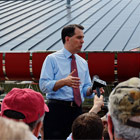
Booked: Capitalizing on Rural Resentment, with Katherine J. Cramer
Katherine J. Cramer talks about her new book, The Politics of Resentment, and how the right exploits rural-urban divides to promote a populist image.


Katherine J. Cramer talks about her new book, The Politics of Resentment, and how the right exploits rural-urban divides to promote a populist image.


Ruth Milkman’s Gender, Labor, and Inequality is a story of halting progress for women in the workforce, a march punctuated by setbacks, false starts, and abandonment by purported allies.

Gabriel Zucman’s The Hidden Wealth of Nations offers a plainspoken explanation of what we are constantly told is “too complicated” for us to understand: the myriad legal loopholes the rich exploit to avoid paying taxes, and why closing them should be a priority for the rest of us.
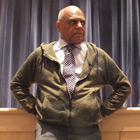
A new biography of key civil rights organizer Bob Moses—who helped spearhead the 1964 Freedom Summer campaign—offers an insightful portrait of a man and a movement whose lessons could not be more relevant today.
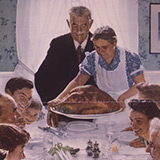

The Four Freedoms: Franklin D. Roosevelt and the Evolution of an American Idea by Jeffrey A. Engel Oxford University Press, 2015, 248 pp. The Fight for the Four Freedoms: What Made FDR and the Greatest Generation Truly Great by Harvey …
“Suffering justifies our hard and bitter life,” writes Svetlana Alexievich of Soviet life. “For us, pain is an art.”

Finding Time: The Economics of Work-Life Conflict by Heather Boushey Harvard University Press, 2016, 360 pp. What Works: Gender Equality by Design by Iris Bohnet Harvard University Press, 2016, 400 pp. [contentblock id=3 img=html.png] To illustrate the tensions between work …
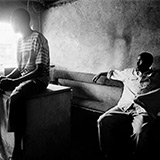

The Nubian community has lived in Kenya for over a hundred years, yet many became stateless after Kenya’s independence in 1963. For years, Nubian youth had to go through a nationality verification process called “vetting” in order to obtain a …
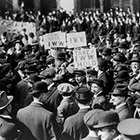

With the rhetoric of free speech increasingly captured by the right, a new book tells the story of the radicals who first championed freedom of expression as a substantive political right.
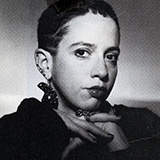
Can affect theory help us understand our contemporary unease—and express our dreams for the future—without becoming a stand-in for the slow, hard work of politics?
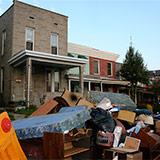
To understand how the housing market really works, we need to hear the stories of those who have been pushed out. Two essential new books shine a spotlight on those stories, and illuminate much more in the process.
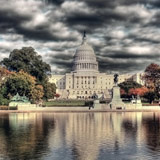
The left neglects the institutional structures of democracy at its own peril. In his latest book, political theorist Jeremy Waldron offers a welcome corrective.

Two books offer new insights into the last forty-five years of uproar against abortion rights, and the fight to hold onto them.
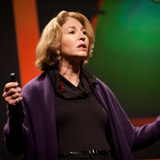
“Having it all” is not a feminist theory of change.
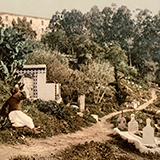
Kamel Daoud’s Meursault, contre-enquête is complex and irreverent, scorning both colonialism and Eurocentrism as well as postcolonial dreams of national liberation and clerical authority.